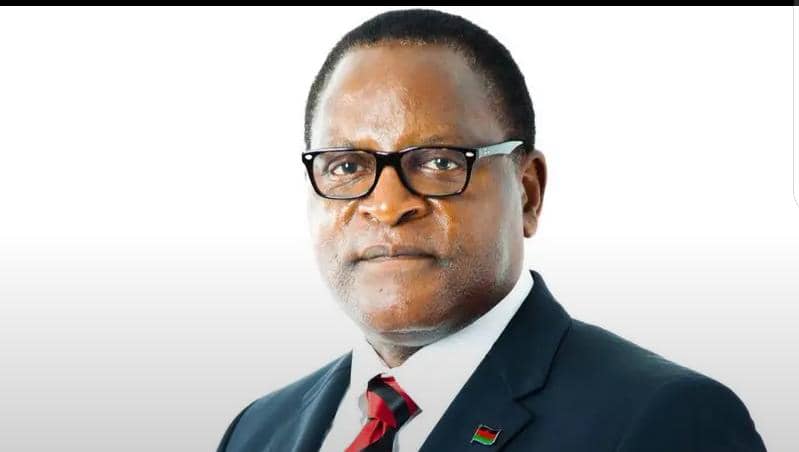By Rick Dzida
Malawians are likely to face challenges as a result of the International Monetary Fund’s (IMF) decision to cancel the Extended Credit Facility (ECF).
The termination of the ECF contract will lead to Malawi losing crucial financial support. This funding is typically used for stabilizing the economy, funding development projects, and supporting social programs. In a public announcement, seasoned economist Joseph Mwanamveka mentioned that Malawi will not receive the remaining $140 million of the $175 million ECF agreement, as they have only received $35 million so far. This results in a significant loss for Malawi due to the withdrawal of IMF funds.
Due to the growing significance of the IMF as a measure of reliability and assurance, it is highly probable that Malawi will suffer a significant loss of approximately 80 million dollars in funding from the World Bank. This situation can primarily be attributed to the inadequate fiscal and economic strategies implemented by the Chakwera administration.
Additionally, the decision to cut off funding from the IMF will most likely result in a decrease in government investment and expenditures, which play a vital role in promoting economic progress. In the absence of the ECF, Malawi will face difficulties in financing its development initiatives, potentially causing stagnation or decline in crucial areas like agriculture, infrastructure, healthcare, and education.
Furthermore, the cancellation of the ECF will worsen Malawi’s problems especially in the area of balance of trade. Malawi will encounter challenges in funding its purchases from other countries, resulting in a decline in its supply of foreign currency. Consequently, this will create a deficit in trade, posing difficulties for Malawi to fulfil its global commitments and potentially causing a currency emergency.
According to financial analysts, such as experienced economists Joseph Mwanamveka and Dalitso Kabambe, the absence of assistance from the International Monetary Fund will likely result in a decrease in value of the Malawian currency, causing imported products and services to become more expensive. This decline, along with a decrease in economic output, is predicted to cause inflation rates to rise, weakening the ability of Malawians to purchase goods and leading to a higher cost of living.
Moreover, as per the aforementioned economic analysts, the ECF’s termination sends a message to investors and global allies that Malawi is experiencing problems with governance or economic management. This inevitably weakens the government’s economic reputation, making it more difficult to draw in foreign investment and obtain financial assistance from institutions like the World Bank.
Furthermore, it is widely recognized that the social impacts of losing funding from the IMF will be severe. This may result in heightened levels of joblessness, inflation, and limited access to essential public services, ultimately causing a spike in poverty rates and social turmoil. There is a fear that marginalized individuals, including the elderly and young, will bear the brunt of these consequences, causing a rise in inequality and dissatisfaction within society.
In addition to this, the Malawi Kwacha will experience devaluation pressures without the support of the IMF. A less valuable currency will result in increased expenses for imports, causing inflation and diminishing consumers’ buying ability. Furthermore, this will impact the cost of repaying foreign debts, making them pricier in terms of local currency.
Furthermore, the withdrawal of the ECF program will cause a decline in Malawi’s financial credibility. This will result in the government having to pay higher interest rates for future loans, both from foreign markets and within the country. As a consequence, public funds will be strained and the government’s capacity to invest in initiatives that foster economic growth will be restricted.
The discontinuation of IMF assistance will indicate financial uncertainty to both local and international investors. Worries regarding budget control, leadership, and the general financial perspective will result in decreased incoming investments, which are essential for promoting economic development and employment opportunities.
Without the assistance of the IMF, the government’s capacity to carry out successful fiscal strategies will be restricted. Malawi will face difficulties in upholding fiscal responsibility without the support of the ECF, resulting in a rise in public expenditure without a proportional increase in revenue. This has the potential to worsen budget deficits and result in unmanageable levels of debt.
In short, with the 2025 elections approaching, it is important for Malawians to realize that Chakwera’s economic performance has been unsatisfactory and a new leadership is necessary





